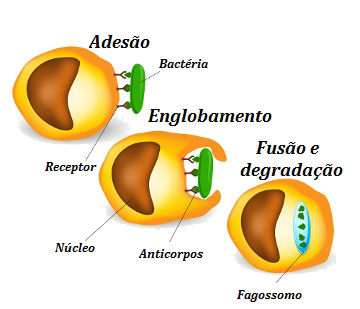Endemic typhus, or murine typhus, is a disease caused by rickettsia typhi, or A. mooseri: bacteria of the Rickettsiaceae family, obligate intracellular parasites.
Rats and other rodents are the main vectors of this typhus, transmitted by the flea Xenopsylla cheopis, and which usually manifests itself when there is a large number of these infected rodents (epizootic) in contact with human populations. In this situation, fleas tend to look for new hosts, infecting our species. For this reason, this disease is more common in low-income populations, prisons, port areas, refugee and concentration camps, and in periods of war and water scarcity. In our country, there are only records of the disease in the Southeast region.
Murine typhus has an incubation period that varies between seven and fifteen days. Infected people manifest headache, body and joint pain; chills, fever, and red spots, for up to fifteen days. Although these symptoms are similar to those of epidemic (or exanthematic) typhus, here they are milder and less likely to develop complications.
Considering the intrinsic aspects of disease transmission, eliminating fleas and controlling proliferation of rodents - not forgetting to adopt effective hygiene measures - are the main ways of prevent it.
Diagnosis is usually made based on clinical and blood tests. Its treatment consists of the use of antibiotics, in the dose and frequency indicated by the doctor.
By Mariana Araguaia
Graduated in Biology
Source: Brazil School - https://brasilescola.uol.com.br/doencas/tifo-endemico-ou-murino.htm

